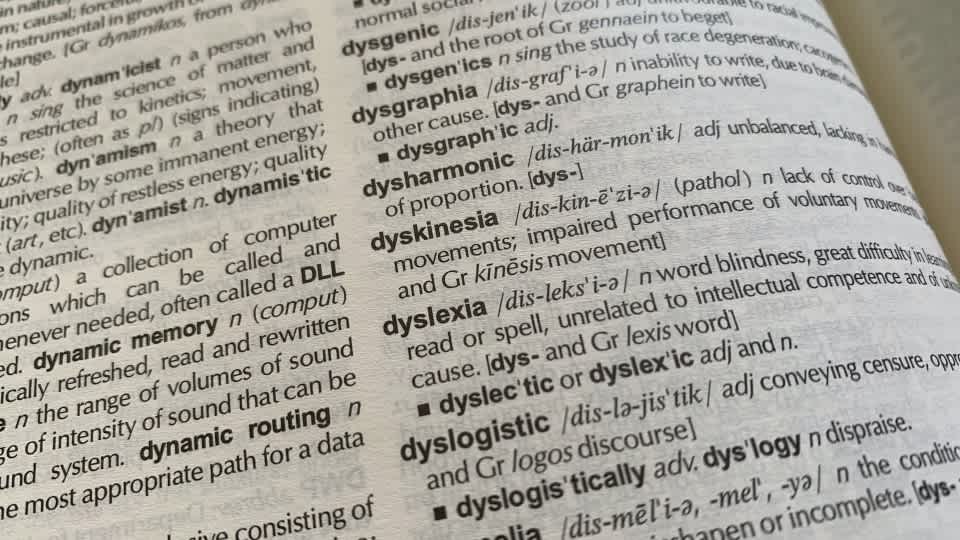If you’re dyslexic, you’ll no doubt understand how difficult it can be to learn something new. You might experience feelings of confusion, doubt, lack of self-confidence and in some cases, you might even think what the hell am I doing here?
But, it doesn’t have to be this way. Take inspiration from a recent learner of ours, who presented us with a few simple ideas that might be able to help. The chances are, these simple study hacks might be able to help everyone get through their acupuncture course successfully.
Get organised
Treat yourself to some new stationery that you really love. This will become your acupuncture bible and something that you’ll rely on for years to come. It might also give you a back to school spurt of motivation!
Start a new page for a new topic
Keep your notes organised and easy to read by starting a new page when you begin a new topic, or in the case of acupuncture, a new Meridian. Studying can be difficult at the best of times, but your future self will thank you for keeping everything in order now.
Differentiate with colour
When creating your notes, differentiate key points or topics with different coloured pens or highlighters. For example, our acupuncture student suggests:
- Pen 1: name and number of the acupuncture point.
- Pen 2: In your own words, describe where to put the needle.
- Pen 3: Needle size and how deep to insert the needle.
Do this for each acupuncture point.
Benefits of colour coding your notes
Studies have shown that using different coloured pens when studying helps with memory retention, recall time, and can even promote feelings of calm, concentration and productivity. Although, simply handwriting your notes (in just one colour), rather than typing has similar memory benefits.
Other tips and tricks for studying with dyslexia
- Remove all distractions from your study area
- Break up bigger projects into smaller chunks
- Plan ahead and outline your assignments. Mind maps are particularly great for this as it allows you to make connections and see links that you might otherwise have missed
- Give yourself plenty of time to complete your tasks and prioritise your workload
- Visualise your progress with a planner. Keep track of and check off tasks as you finish
- Rewrite any notes or handouts to ensure that you understand them
- Identify your learning style and incorporate it into your learning. (Are you a visual learner, kinetic learner, auditory learner?)
- Don’t be afraid to ask for help
